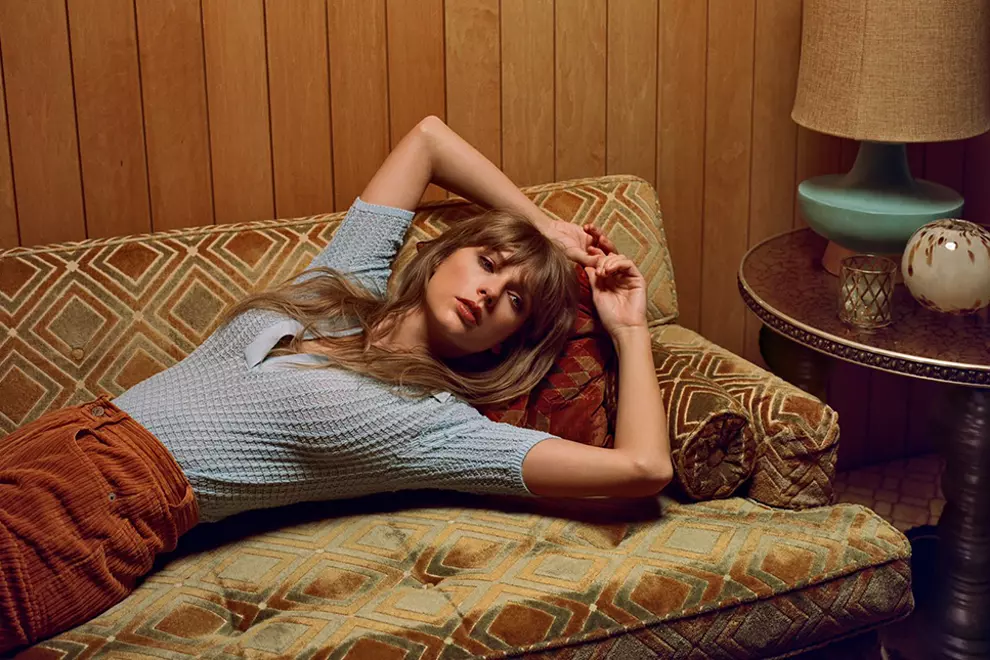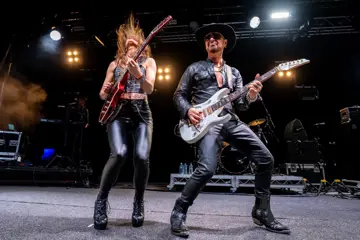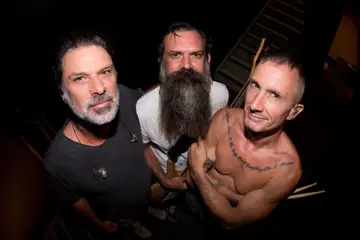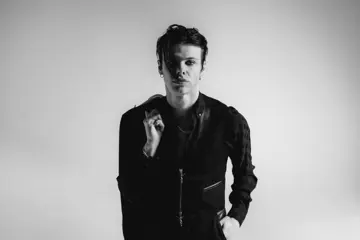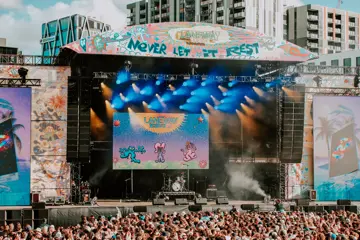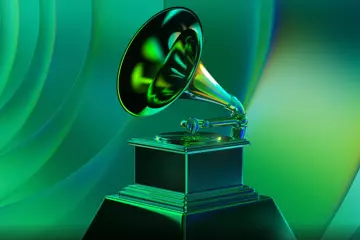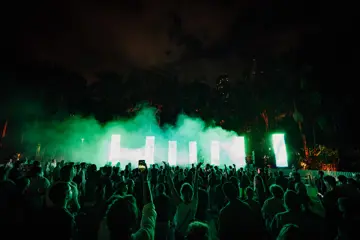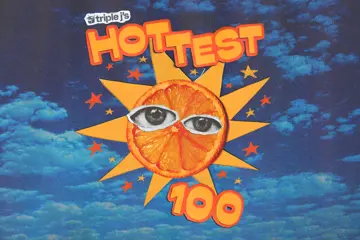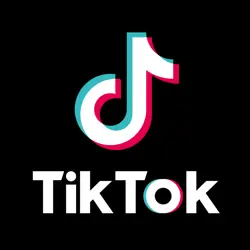 TikTok
TikTokICYMI, TikTok and the Universal Music Group (UMG) are currently beefing, with the latter’s entire recorded music catalogue being pulled from the platform due to contractual disputes. But when social media has such a vice grip on the music industry, how does that affect the charts?
For more context: UMG announced in January that it would be axing its relationship with TikTok because it was unable to reach an agreement with the social giant’s parent company, ByteDance, over royalty payments. In an open letter, UMG accused TikTok of offering payments that came out to “a fraction of the rate that similarly situated major social platforms pay”.
The company noted that TikTok accounts for just one percent of its total revenue, “despite its massive and growing user base, rapidly rising advertising revenue and increasing reliance on music-based content”. This, it said, served as “an indication of how little TikTok compensates artists and songwriters”, and was to be seen as proof that TikTok “is trying to build a music-based business without paying fair value for the music”.
TikTok swiftly clapped back at the letter, with a rep for the platform saying it was “sad and disappointing” to see UMG “put their own greed above the interests of their artists and songwriters”. They accused the company of peddling a “false narrative and rhetoric”, saying its higher-ups chose “to walk away from the powerful support of a platform with well over a billion users that serves as a free promotional and discovery vehicle for their talent”.
Don't miss a beat with our FREE daily newsletter
Artists at large slammed UMG for having the gall to bail on TikTok, particularly when so many of the artists under the former company’s roster have found immeasurable success on the platform. Among the most vocal were Tones And I, who ripped into Universal for being “the original ‘ripper offers’ of artists”. She wrote in her own open letter: “They are just trying to claim now that they’re the beaten broke-down poor artist that doesn’t get paid enough when they’re the ones that take the most.”
It’s been a little over a month since UMG’s catalogue was wiped from TikTok, but none of the biggest hitters affected have suddenly had their careers ruined: Universal golden child Taylor Swift, for example, has 17 songs in this week’s ARIA Top 50 Singles Chart – 34 percent of the entire suite – including the #1 spot (taken out by her Lover megahit Cruel Summer).
Elsewhere in the chart are ten other songs by UMG artists: Stick Season by Noah Kahan at #4; Murder On The Dancefloor by Sophie Ellis-Bextor at #22; Paint The Town Red by Doja Cat at #30; Snooze by SZA at #31; Feather by Sabrina Carpenter at #32; Last Night by Morgan Wallen #33; yes, and? by Ariana Grande at #40; One Of The Girls by The Weeknd at #43 and Popular (featuring Playboi Carti and Madonna) at #47; and Fast Car by Luke Combs at #49.
Combined with Swift’s 17, there’s a total of 27 songs published by UMG in this week’s Top 50 – 54 percent of the chart. Taking out all of Swift’s tracks, UMG songs make up ten of the remaining 33 (or about 30.3 percent).
Another way to look at it: UMG signees account for ten of the 29 artists who made the chart, or 34.48 percent (counting songs with more than one artist as cumulative). But it’s worth pointing out that none of these are Australian, and none are artists we’d necessarily expect to be impacted by the drama between UMG and TikTok – except maybe Sophie Ellis-Bextor, since Murder On The Dancefloor returned to the charts when it went viral, largely on TikTok, after being included in the Saltburn soundtrack; but that viral moment came and went long before the song (in its original form) was cut from the platform.
There’s no objective, analytical way to determine how much the drama has – or will – hurt the charting potential for up-and-coming artists who use TikTok as a crucial means to find their audience – but it’s easy to see how it could.
Peach PRC is a good example here: TikTok was the starting point for her soaring into stardom, and it’s there that she’s first revealed every one of her releases. After it went viral on the platform, her breakout single Josh charted at #38. And just last April, her debut EP Manic Dream Pixie came in at #1 on the ARIA Top 50 Albums Chart. Her first release for 2024 – the standalone single Secret – arrived last week, and it has all the necessary ingredients to be a pop radio smash. But to achieve that, Peach would need to rally up the support of her rabid TikTok fanbase – which she can’t do if the song itself isn’t even accessible on the platform.
Simply put, TikTok has a stranglehold on Gen Z and Gen Alpha, and the power it has to shape modern pop-culture cannot be overstated. TikTok is where new artists go to find an audience and where semi-established artists go promote their new releases – and we’ve seen time and time again that the platform can make a smash-hit out of a song that otherwise would’ve fallen on deaf ears. If you’re an artist who can’t fill stadiums or sell millions of records on brand power alone, your best shot at having a single chart is to utilise the viral power of TikTok. But if you’re signed to a UMG imprint like Dew Process, Island, Casablanca or Neon, that isn’t possible.
All we can do now is hope UMG and TikTok sort their shit out.

